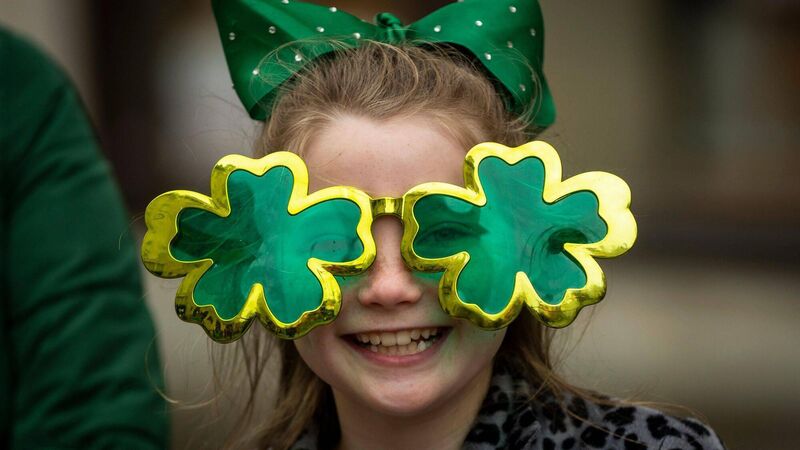Eoghan O'Mara Walsh: Tourism safety net can't be removed

The return of St Patrick's Day events (in this case in London) seemed to offer hope for a return to normality but further challenges face Ireland's tourism sector. Picture: Stephen Chung/LNP/Shutterstock
St Patrick’s Day traditionally heralds the start of the Irish tourism season.
Very few countries worldwide can claim a day or own a colour as their own but Ireland certainly does both as our national holiday is celebrated worldwide.














